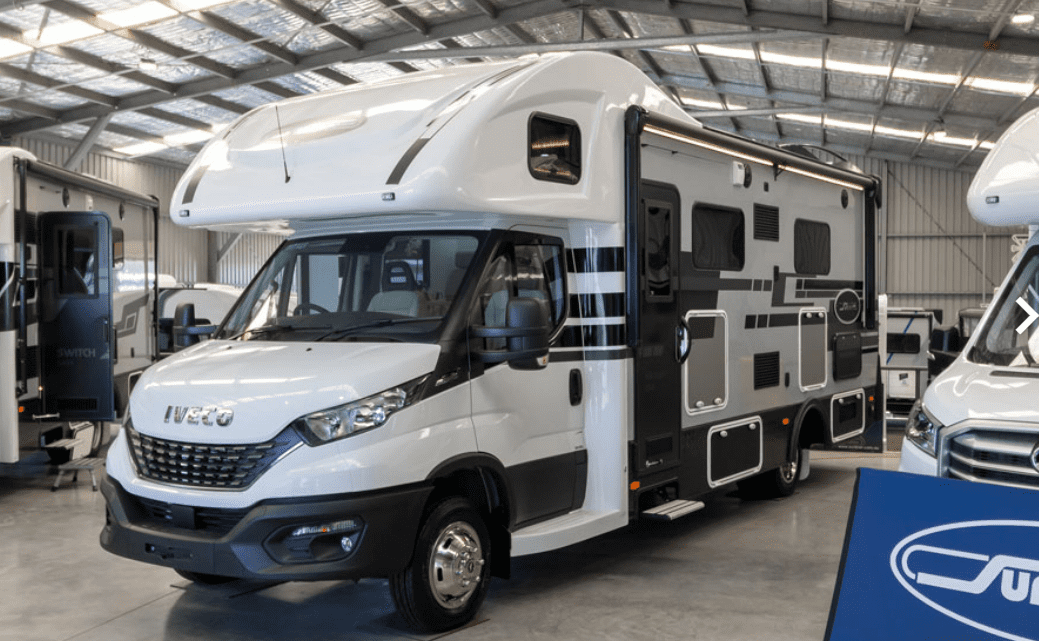When it comes to powering your RV or camper van with solar energy, choosing the right battery type is crucial. Two of the most popular options are Absorbed Glass Mat (AGM) batteries and Lithium-ion batteries. Each type has its unique advantages and disadvantages, making it essential to understand their differences to make an informed decision for your solar battery bank. In this article, we will explore the characteristics, benefits, and drawbacks of both AGM and lithium batteries, helping you determine which is best suited for your solar RV or camper van setup.
1. Overview of AGM and Lithium Batteries
1.1 What are AGM Batteries?
AGM batteries are a type of lead-acid battery that utilizes a glass mat to absorb the electrolyte:
Wholesale lithium golf cart batteries with 10-year life? Check here.
-
Construction: The electrolyte is held in place by a fiberglass mat, preventing spillage and allowing the battery to be mounted in various positions.
-
Voltage: AGM batteries typically have a nominal voltage of 12 volts.
1.2 What are Lithium Batteries?
Lithium batteries, particularly Lithium Iron Phosphate (LiFePO4), have gained popularity in recent years due to their advanced technology:
Want OEM lithium forklift batteries at wholesale prices? Check here.
- Construction: These batteries use lithium compounds as electrodes and a liquid or polymer electrolyte.
- Voltage: Like AGM batteries, lithium batteries also have a nominal voltage of 12 volts.
2. Key Differences Between AGM and Lithium Batteries
2.1 Capacity and Energy Density
| Feature | AGM Batteries | Lithium Batteries |
|---|---|---|
| Capacity | Typically 100Ah – 200Ah | Ranges from 100Ah to 400Ah+ |
| Energy Density | Lower | Higher |
AGM batteries generally have lower energy density compared to lithium batteries, meaning they store less energy in the same amount of space.
2.2 Weight Considerations
-
AGM Batteries: Heavier due to lead content; a typical 100Ah AGM battery can weigh around 60-70 lbs.
-
Lithium Batteries: Significantly lighter; a similar capacity lithium battery may weigh only 30-40 lbs.
This weight difference can impact your vehicle’s overall weight distribution and fuel efficiency.
2.3 Lifespan and Cycle Life
-
AGM Batteries: Typically last around 3-5 years, with a cycle life of about 500-800 cycles.
-
Lithium Batteries: Can last over 10 years, with a cycle life of up to 2000-5000 cycles.
The longer lifespan of lithium batteries makes them more cost-effective over time despite their higher initial price.
2.4 Charging Efficiency
-
AGM Batteries: Charge efficiently but may take longer to reach full capacity.
-
Lithium Batteries: Charge quickly and can accept higher charge rates, significantly reducing downtime.
2.5 Depth of Discharge (DoD)
- AGM Batteries: Generally recommended to discharge only up to 50% to prolong life.
- Lithium Batteries: Can be discharged up to 80-90% without damaging the battery.
This means that lithium batteries provide more usable energy compared to AGM options.
3. Advantages of AGM Batteries
3.1 Cost-Effectiveness
AGM batteries are generally less expensive upfront compared to lithium options, making them appealing for budget-conscious consumers.
3.2 Robustness
They are more resistant to physical damage due to their sealed design, making them suitable for rugged environments often encountered in RVing and camping.
3.3 Maintenance-Free
AGM batteries do not require regular maintenance like checking water levels, making them convenient for users.
4. Advantages of Lithium Batteries
4.1 Longer Lifespan
Lithium batteries offer significantly longer lifespans, which can translate into lower replacement costs over time.
4.2 Lightweight Design
Their lighter weight allows for better weight distribution in RVs and camper vans, improving handling and fuel efficiency.
4.3 Faster Charging Times
Lithium batteries charge much faster than AGM batteries, allowing you to get back on the road sooner after using your power supply.
5. Disadvantages of Each Battery Type
5.1 Disadvantages of AGM Batteries
-
Shorter lifespan compared to lithium.
-
Limited depth of discharge can restrict usable capacity.
5.2 Disadvantages of Lithium Batteries
- Higher initial cost may deter some buyers.
- Requires specific charging equipment compatible with lithium technology.
6. Practical Applications in RVs and Camper Vans
When considering which battery type is best for your solar RV or camper van setup:
- If you plan on using high power appliances frequently or need quick recharging capabilities, lithium batteries may be the better choice.
- For users on a tighter budget who require moderate power usage without frequent deep discharges, AGM batteries could suffice.
7. Latest News in Battery Technology for RVs
Recent advancements in battery technology continue to enhance performance:
- Innovations in lithium battery chemistry are leading to safer, more efficient models that provide greater energy density.
- Smart battery management systems (BMS) are becoming standard in lithium options, allowing users better monitoring and control over their power systems.
8. Frequently Asked Questions (FAQs)
8.1 Can I replace my AGM battery with a lithium battery?
Yes, but ensure that your charging system is compatible with lithium technology.
8.2 How long does it take to charge an AGM vs. a lithium battery?
AGM batteries typically take longer due to their lower charging efficiency; lithium batteries can often reach full charge within a few hours.
8.3 Are there any safety concerns with lithium batteries?
While generally safe, improper charging or physical damage can lead to risks; always use compatible chargers and follow safety guidelines.
9. Conclusion
In summary, both AGM and lithium batteries have their unique advantages and disadvantages when used in solar RV and camper van applications. While AGM batteries offer affordability and robustness, lithium batteries provide superior longevity, efficiency, and weight savings. Understanding these differences will help you make an informed decision that best suits your needs for power storage while enjoying the freedom of the open road.At Redway Battery, we specialize in manufacturing high-quality Lithium LiFePO4 solutions tailored to meet diverse customer needs worldwide. With our extensive experience in this field, we provide custom solutions quickly for wholesale and OEM customers. For a quick quote or more information about our products, please contact us today!








